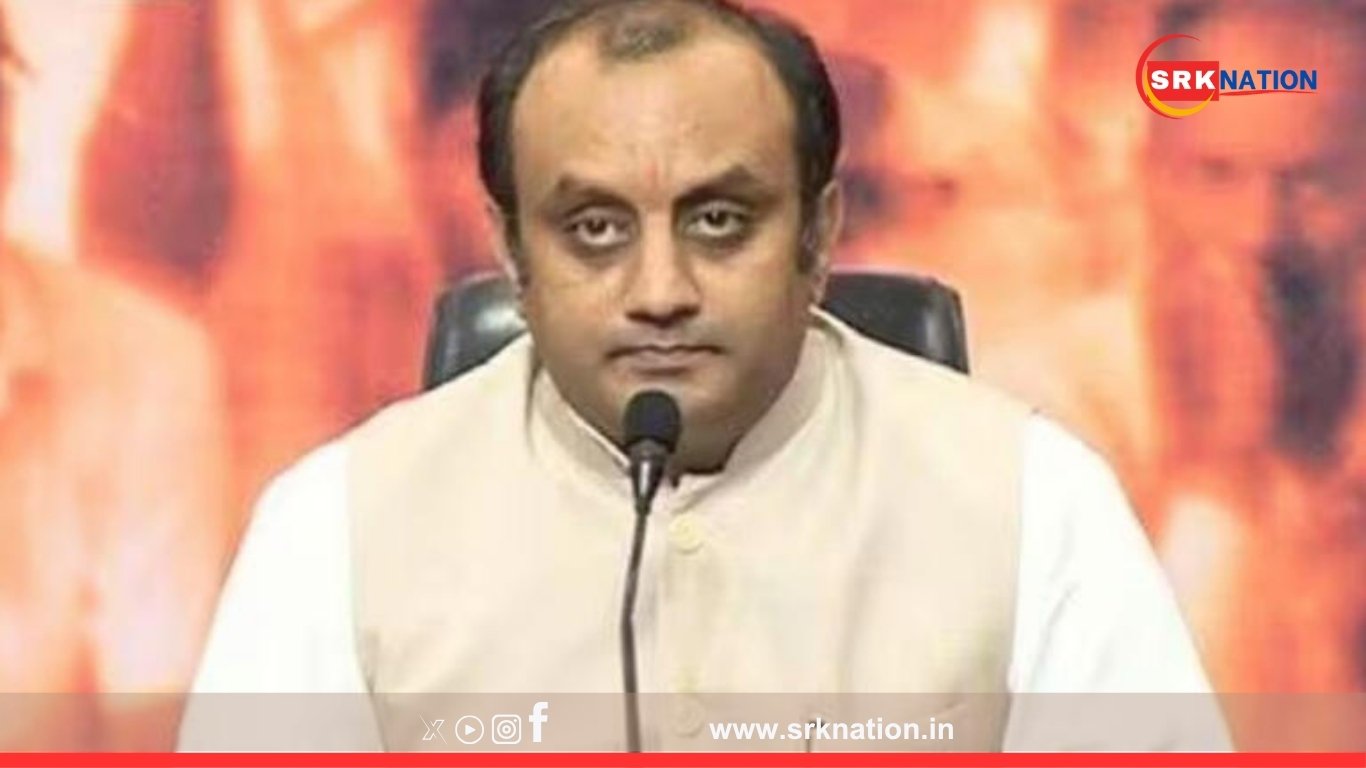The Maharashtra government has announced a ₹10,000 crore reduction in the budget allocation for its flagship Ladki Bahin scheme, sparking sharp criticism from opposition leader Uddhav Thackeray. The scheme, which provides financial assistance to women, will now receive ₹36,000 crore for the 2025-26 fiscal year, down from ₹46,000 crore in the previous year.
The Ladki Bahin scheme, introduced by the previous Eknath Shinde-led government, currently offers ₹1,500 per month to eligible women. Ahead of the state assembly elections, the Mahayuti alliance had promised to increase the monthly stipend to ₹2,100, a commitment that remains unfulfilled in the latest budget.
Thackeray, the Shiv Sena (UBT) chief, labeled the budget as “completely bogus” and accused the government of failing to honor its election promises. “This budget is full of empty promises, just like the government itself. The promise of ₹2,100 under the Ladki Bahin scheme remains unfulfilled. It is clear that all their promises were merely ‘chunavi jumla’ (election tactics),” he said during a press conference.
Deputy Chief Minister Ajit Pawar, who also holds the finance portfolio, defended the budget, emphasizing the need for fiscal prudence. He assured that the government is committed to fulfilling its promises and will allocate additional funds if required. Chief Minister Devendra Fadnavis also reiterated that all beneficiaries would receive their entitled funds and that the budget was structured to address immediate financial constraints.
The reduction in the Ladki Bahin scheme’s budget comes amid Maharashtra’s highest-ever debt projection of ₹9.3 lakh crore and a steep revenue deficit of ₹45,891 crore for the 2025-26 fiscal year. The government has focused on maintaining fiscal discipline while continuing existing programs, with no major new schemes announced.
The move has reignited debates over the state’s financial priorities, with critics questioning the government’s commitment to women’s welfare. As the controversy unfolds, the opposition is expected to intensify its demands for accountability and transparency in budget allocations.











